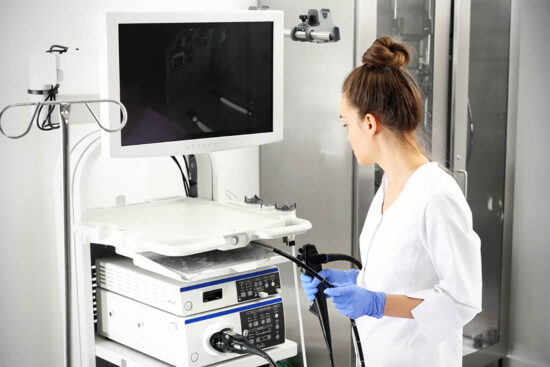Respiratory syncytial virus: 4 RSV symptoms you need to know
Respiratory syncytial virus, RSV, is riskiest for children under two years.Between 58,000 and 80,000 hospitalizations are reported per year in children.

- Respiratory syncytial virus, RSV, is riskiest for children under two years.
- Between 58,000 and 80,000 hospitalizations are reported per year in children under five.
- Knowing the symptoms of RSV is crucial.
Know the most common symptoms of RSV! Respiratory syncytial virus, or RSV, causes more than 2 million emergency room visits each year, especially in children under five, and between 58,000 and 80,000 of those will require hospitalization.
Not only kids are at risk of contracting RSV. Older adults and people with autoimmune diseases are also more likely to suffer from more severe symptoms than the general public. Knowing the symptoms of RSV could be the answer to receiving timely care and avoiding the risk of life-threatening complications. These are the four most common symptoms!
4. Fever

One of the most common symptoms of RSV is fever. Respiratory syncytial virus-related illnesses are generally similar to the common cold or, in the most severe cases, bronchitis or pneumonia, and last for 5 to 7 days.
If you develop a fever of more than 104° or, in the case of children and babies, you detect that they are irritable, seem to be in pain, or are coughing or sneezing and have a runny nose, it is possible that they need medical attention.
3. Raspy breath

As it is a virus that affects the respiratory tract, the symptoms of RSV usually include coughing, sneezing, fever and nasal congestion. In the mildest cases, the symptoms will disappear in a matter of days and with the use of over the counter medications. Sometimes rales or worse respiratory problems can develop.
In children, this symptom is difficult to communicate, which is why it is important to closely observe the behavior of infants and children for changes in their breathing patterns. If you notice a contraction in the neck and chest area, or gasping for breath, this is possibly due to respiratory distress that requires urgent medical attention.
2. Loss of appetite due to RSV

RSV can also cause a loss of appetite in babies and children. Prolonged difficulty in breathing causes fatigue and a lack of interest in making the effort necessary to consume food.
Babies and children under the age of five who refuse to eat and present with symptoms such as fever, cough, sneezing, runny nose, and rapid breathing are at risk of complications from the RSV virus without medical attention.
1. Phlegm caused by RSV

Just like a common cold or viral infection, one of the most bothersome symptoms of RSV is excessive phlegm in the nose or throat. This usually appears in the later stages of the disease.
If the phlegm does not disappear after a few days, and any of these symptoms worsen, it is best to see a doctor immediately to avoid complications such as low oxygen levels or weakness due to lack of appetite or changes in breathing. Although statistics indicate that this virus does not always require medical attention, it is always advisable to seek medical help to minimize the risk of hospitalization or more serious health consequences.
 Related post
Related post





